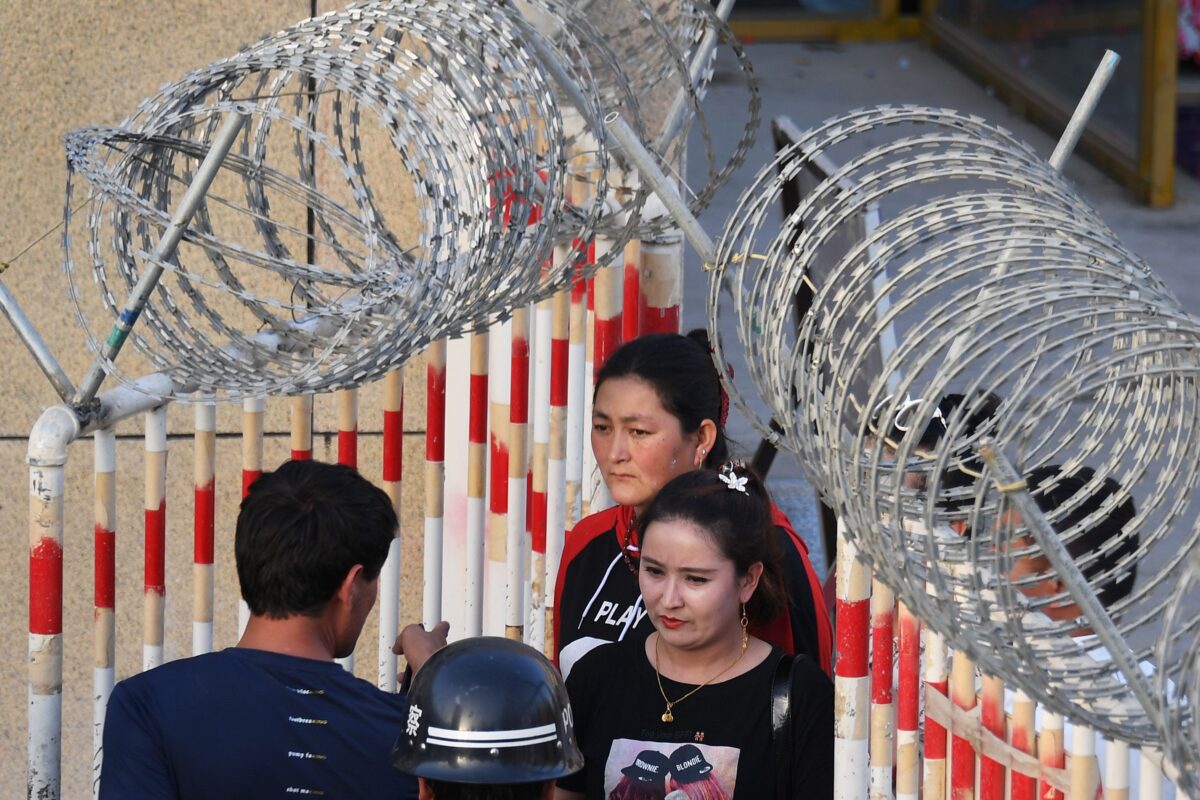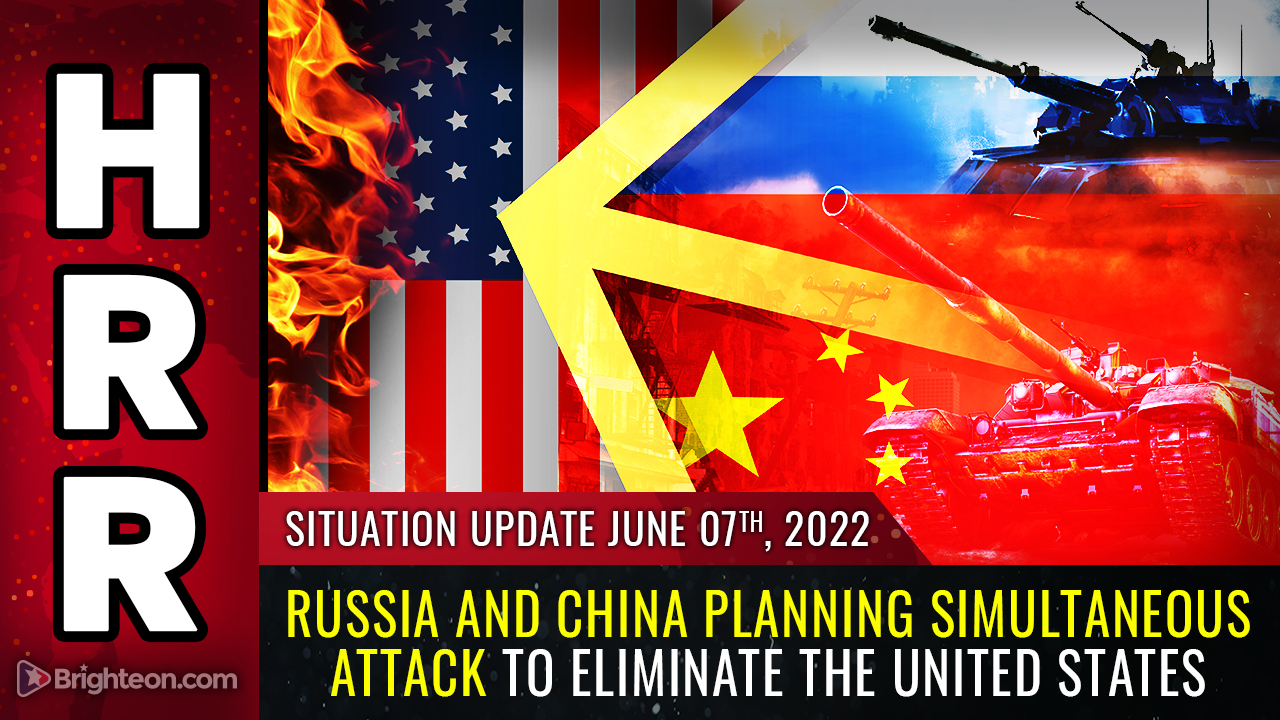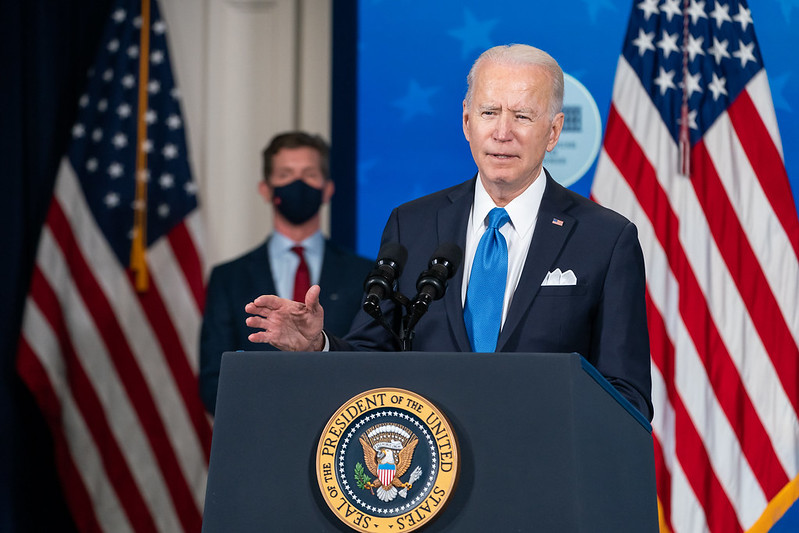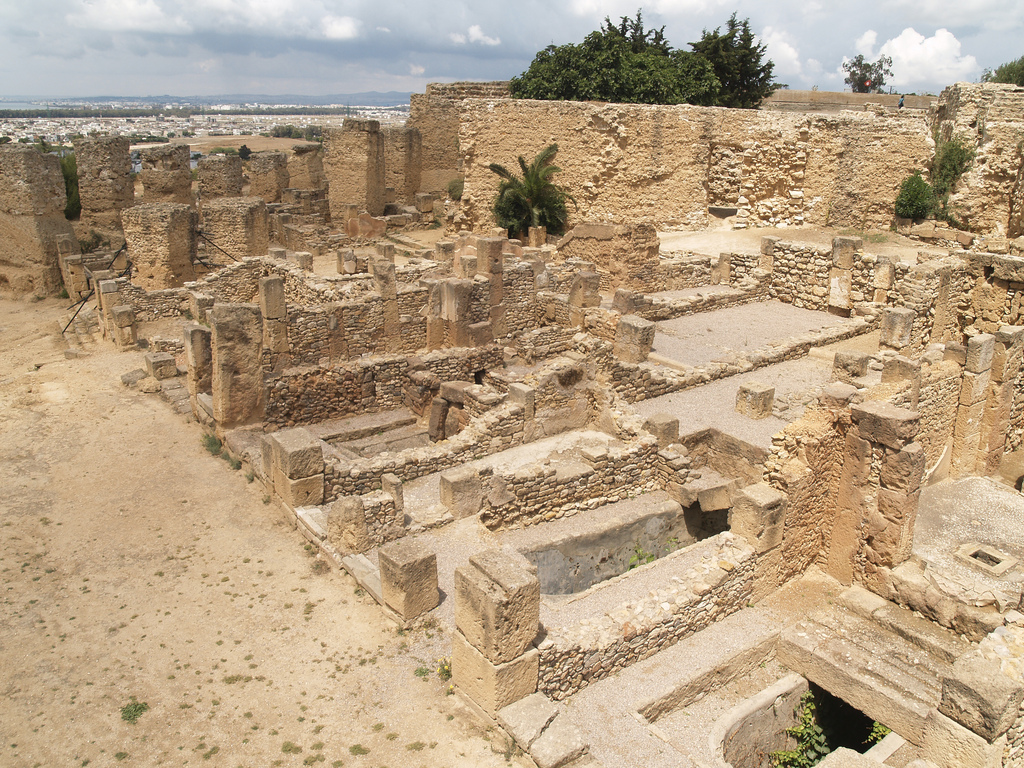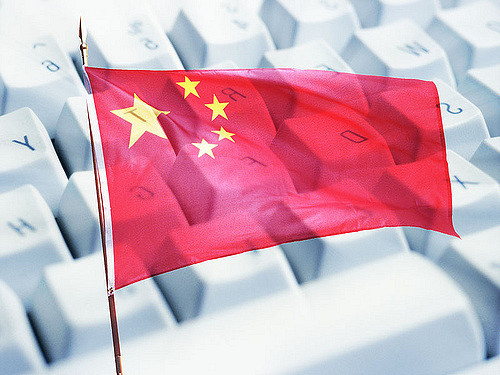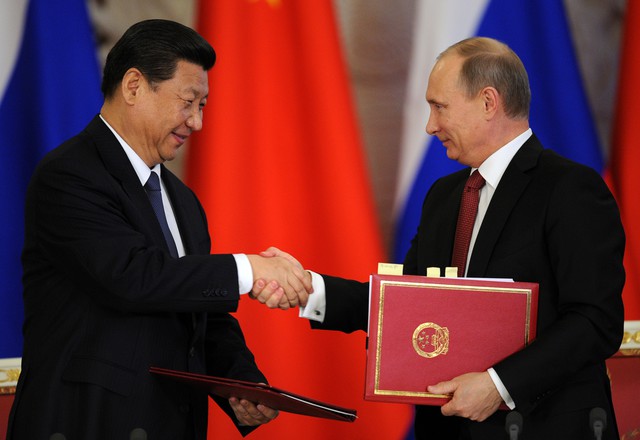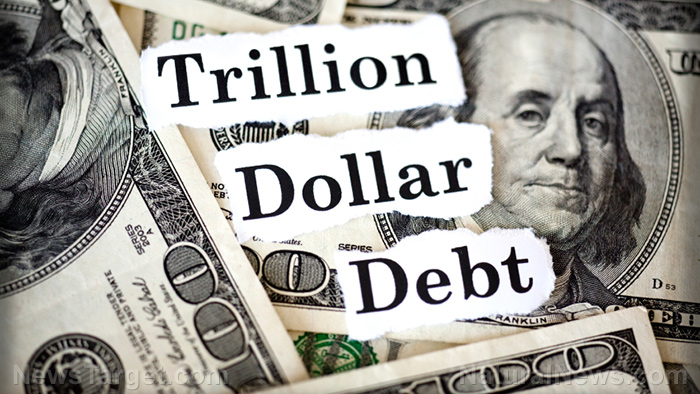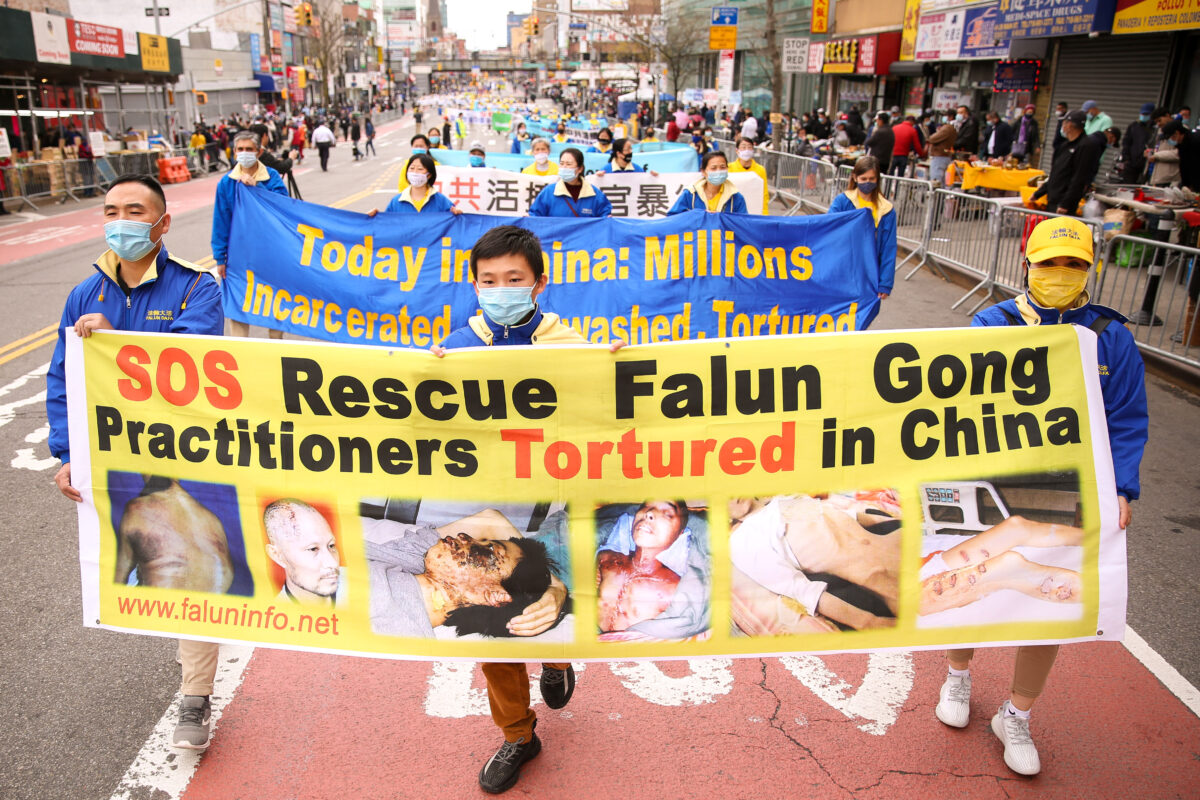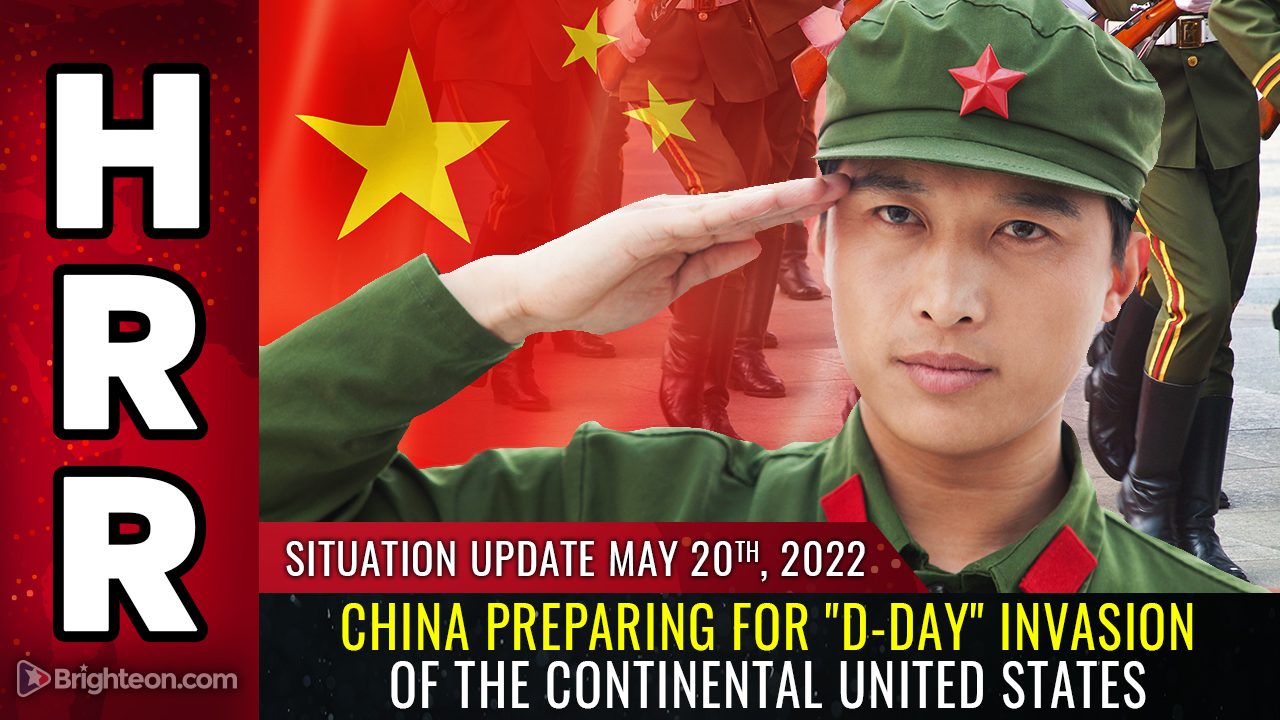War drums: Chinese Communist Party warns elites to get rid of overseas assets following Western sanctions on Russia
05/25/2022 / By JD Heyes
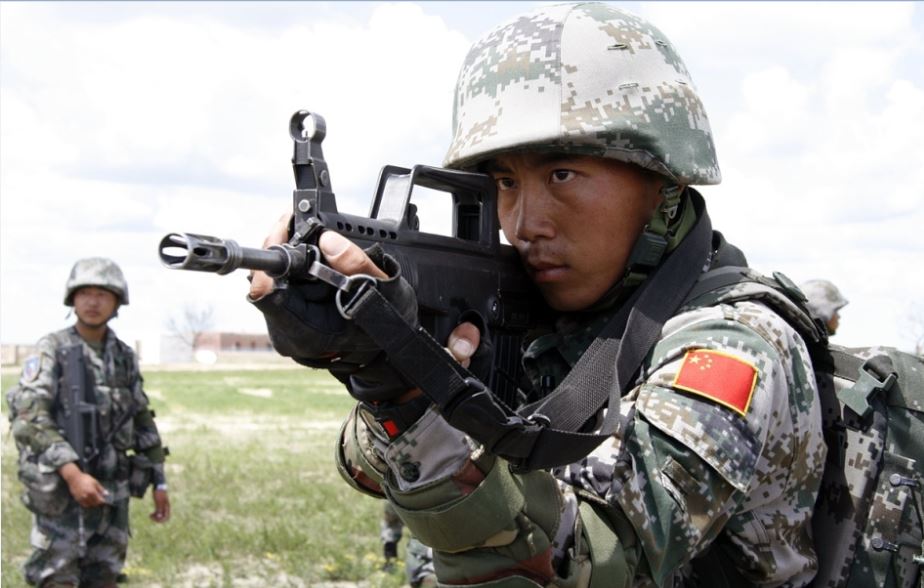
For years, Chinese leaders have sounded bellicose warnings over Taiwan, pledging to bring the island democracy back within Beijing’s fold voluntarily or by force, if necessary.
And for just as long, Taiwanese leaders have essentially ignored or rejected China’s statements.
But now, China has become infinitely stronger than at any time in modern history, essentially mimicking Japan’s rise in the 1920s and 1930s, and as such, it is becoming clearer that Beijing is set to make good on its decades-old pledge to unify its “renegade province.”
The Wall Street Journal reported this week that Chinese Communist leaders have essentially warned the country’s monied elite to divest themselves of assets in the West after sanctions were placed on oligarchs and other wealthy Russians following Moscow’s invasion of Ukraine.
Specifically:
China’s Communist Party will block promotions for senior cadres whose spouses or children hold significant assets abroad, people familiar with the matter said, as Beijing seeks to insulate its top officials from the types of sanctions now being directed at Russia.
The paper seemed to suggest, however, that the move was more related to internal politics:
The ban, outlined in an internal notice by the party’s powerful Central Organization Department, could play a role in Chinese leader Xi Jinping’s efforts to increase his influence at a twice-a-decade leadership shuffle scheduled for later this year.
But that makes no sense, given that Chinese assets held throughout the West are also seen as strategic, since everything Bejing does is geared at enhancing the regime’s power, as well as China’s technological prowess.
The directive, which was issued in March, bars spouses and children of ministerial-level officials from holding, either directly or indirectly, any real estate overseas or shares in companies and entities registered overseas, according to the sources who spoke to the WSJ.
“Senior officials and members of their immediate families would also be barred from setting up accounts with overseas financial institutions unless they have legitimate reasons for doing so—such as study or work—the people said,” the paper reported further.
“Leading cadres, especially senior cadres, must pay attention to family discipline and ethics,” Xi told the party’s top disciplinary agency in January. He added that officials must “lead by example in managing their spouses and children properly, being a dutiful person and doing things in a clean way.”
Senior officials are required to sign pledges declaring that they are complying with the new rules, which would ostensibly give Xi more leverage over the country’s ChiCom elite ahead of the party’s 20th Congress, which is scheduled for late this year.
Xi is expected to win a third five-year term as head of the party while also stacking his leadership roster with people he can trust so that he can bolster his status as the most powerful leader in China over decades. The compliance pledges will give Xi leverage over any official who is found to be in violation of the overseas assets rules, making them liable for serious offenses including being disloyal and dishonest to the party.
“Since taking power in 2012, Mr. Xi has waged a high-profile campaign to fight corruption and curb displays of extravagance among officials, saying that the party faced an existential battle against moral decay within its ranks,” the WSJ noted further.
The new rules on overseas assets may be framed as an anti-corruption tool by Xi, but the real meaning behind them is clear: Once war with Taiwan begins — now that Joe Biden has pledged to defend the island — the Chinese leader knows assets will be frozen and sanctions will economically cripple the ChiCom elite, which could also lead to rebellion at home.
War drums are beating in Asia.
Sources include:
Submit a correction >>
Tagged Under:
asset rules, assets, CCP, China, conflict, divestment, invasion, overseas assets, risk, Russia, sanctions, Taiwan, Ukraine, war, war sanctions, world war, Xi Jinping
This article may contain statements that reflect the opinion of the author
RECENT NEWS & ARTICLES
COPYRIGHT © 2020 CommunistChina.News
All content posted on this site is protected under Free Speech. CommunistChina.News is not responsible for content written by contributing authors. The information on this site is provided for educational and entertainment purposes only. It is not intended as a substitute for professional advice of any kind. CommunistChina.News assumes no responsibility for the use or misuse of this material. All trademarks, registered trademarks and service marks mentioned on this site are the property of their respective owners.


